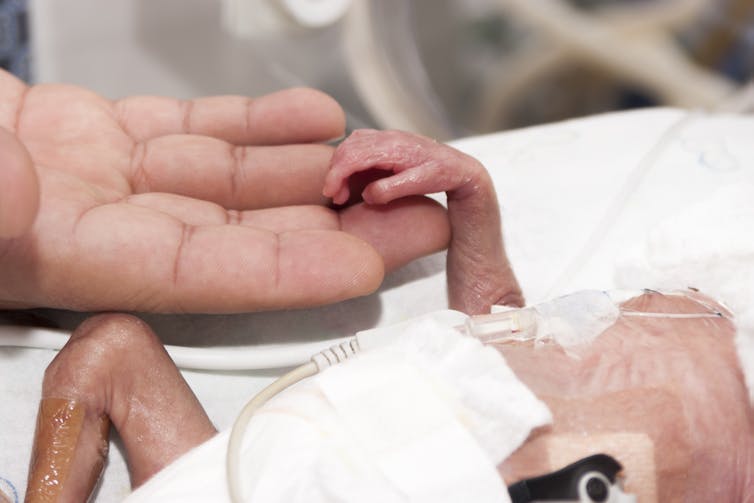Ethics, iBlastoids, and Brain Organoids: Time to Revise Antiquated Laws and Processes
Written by Julian Savulescu
Oxford Uehiro Centre for Practical Ethics and Wellcome Centre for Ethics, University of Oxford
Biomedical Ethics Research Group, Murdoch Children’s Research Institute
Jose Polo and his team at Monash University have successfully reprogrammed human adult cells (fibroblasts – skin cells) to form “iBlastoids”. These are structures which are like early human embryos. Normally when a sperm enters an egg, it produces a new cell, which divides, and these cells divide until a blastocyst is formed in the first week, consisting of 200-300 cells. In normal embryonic development, this would implant in the uterus. However, iBlastoids can’t do this as they lack the normal membrane that surrounds the blastocyst. They cannot by themselves form a fetus or baby.
They will be useful to study early human development and why so many embryos die soon after formation. They can be used to study mutations or the effect of toxins, perhaps developing treatments for infertility. So far, they have only been allowed to develop to the equivalent of a Day 11 Blastocyst. It is not clear whether they can produce the precursors to brain development:
“the developmental potential of iBlastoids as a model for primitive streak formation and gastrulation remains to be determined, and will require an international conversation on the applicability of the 14-day rule to iBlastoids.” (Excerpt from the team’s Nature article)
Read More »Ethics, iBlastoids, and Brain Organoids: Time to Revise Antiquated Laws and Processes

